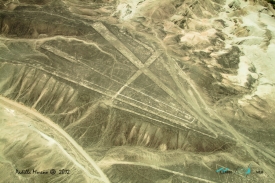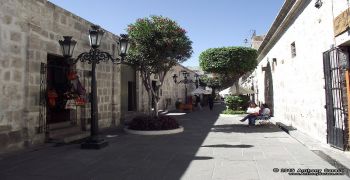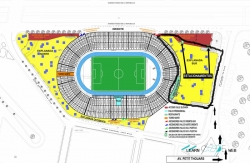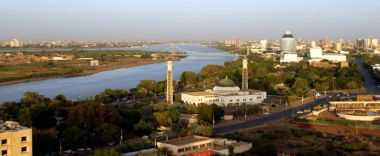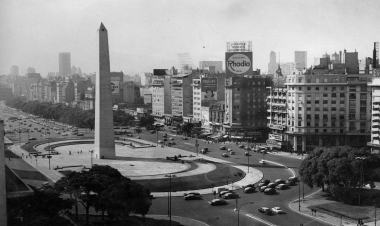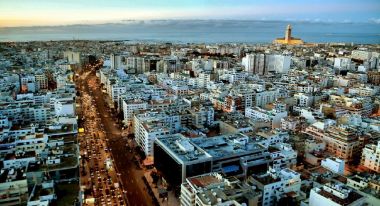ABOUT Lepenski vir
Lepenski Vir (Serbian Cyrillic: Лепенски Вир, "Lepena Whirlpool"), located in Serbia, is an important archaeological site of the Mesolithic Iron Gates culture of the Balkans. The latest radiocarbon and AMS data suggests that the chronology of Lepenski Vir is compressed between 9500/7200–6000 BC. There is some disagreement about the early start of the settlement and culture of Lepenski Vir, but the latest data suggest 9500–7200 to be the start. The late Lepenski Vir (6300–6000 BC) architectural development was the development of the trapezoidal buildings and monumental sculpture. The Lepenski Vir site consists of one large settlement with around ten satellite villages. Numerous piscine sculptures and peculiar architecture have been found at the site.
Archaeologist Dragoslav Srejović, who first explored the site, said that the sculptures of this size so early in human history and original architectural solutions, define Lepenski Vir as the specific and very early phase in the development of the prehistoric culture in Europe. The site is noted for its level of preservation and the overall exceptional quality of the artifacts. Due to the fact that the settlement was a permanent and planned one, with organized human life, architect Hristivoje Pavlović labeled Lepenski Vir as "the first city in Europe".
Archaeologist Dragoslav Srejović, who first explored the site, said that the sculptures of this size so early in human history and original architectural solutions, define Lepenski Vir as the specific and very early phase in the development of the prehistoric culture in Europe. The site is noted for its level of preservation and the overall exceptional quality of the artifacts. Due to the fact that the settlement was a permanent and planned one, with organized human life, architect Hristivoje Pavlović labeled Lepenski Vir as "the first city in Europe".



